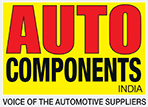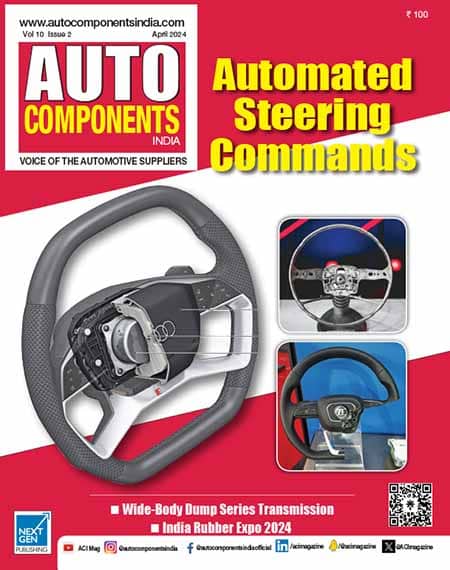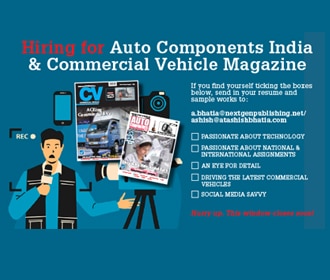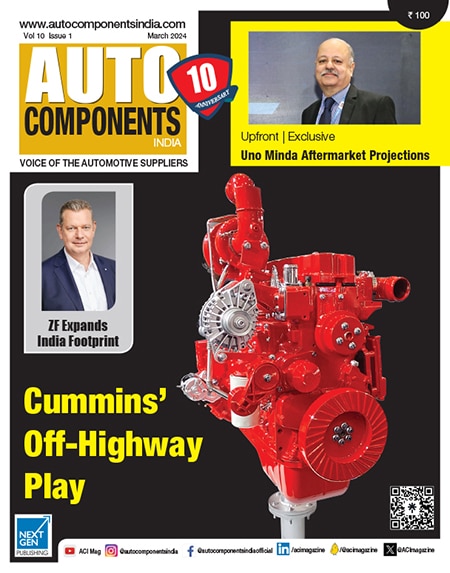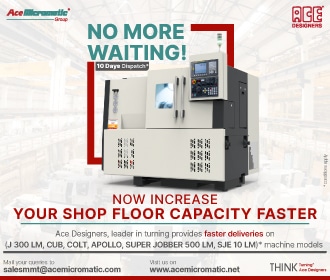In only a few other branches of industry are development pressures as enormous as in aircraft construction. One of the reasons is the fact that legislation is getting ever stricter about the CO2 emission of aircrafts at the same time as market expectations are of a rapidly accelerating growth in the sector. It is as a consequence of this development that aero engines are becoming a focal point. They need to show a reduction in fuel consumption, whilst – at the same time – having to guarantee greater propulsion values. It is obvious that such a development has a massive effect on the components used in the engines. They are made of extreme materials that have to withstand high stresses. The question is: how can one machine these materials with speed, precision and process integrity? The EMAG experts have a highly effective answer to this question: their ECM technology. Cutting processes often lose out in the decision making. The ECM machines from EMAG open up new opportunities in aero engine manufacturing.
There is one important correlation to be found in the manufacture of aero engines: the higher the temperatures generated by the engine, the more efficient it is. The aircraft will consume less fuel over the same distance and increase its flying range. It is easy to imagine what this means for the materials used in the bowels of an aero engine. The higher temperatures irrevocably lead to the use of extremely hardwearing materials that perform better under stress. But that is only “half of the truth” as, at the same time, many components are becoming more complex and still have to be machined at the highest precision. It is the only way to achieve the targets set over a decade ago by the aero engine sector, namely a 20% reduction in both CO2 emission and fuel consumption.
An exceptional option for the aero engine manufacturing industry
Of course, this is not an unfamiliar development, as the automotive sector provides another example. However, in aircraft manufacture it has more extreme consequences. And the industry has arrived at a crossroads. Experts estimate that over the next two decades air traffic will increase by 5 percent per annum. The prediction voiced by Airbus is that there will be a demand for 7,600 new engines every ten years. Although this offers great opportunities, it is certain that to conquer new markets the aero engine manufacturers will have to come up with constantly greater improvements. New aero engines are becoming top of the agenda.
What are the manufacturing solutions that ensure the new high-performance engine components can be produced efficiently? ECM und PECM technology (Precise Electro Chemical Machining) from EMAG is an outstanding option, even though many developers and design engineers have not yet recognised the fact. This process comes into its own where complex components are to be produced in demanding materials, as it machines high-tensile alloys and similar materials with a minimum of tool wear. The surfaces are of outstanding quality – with no burrs and no changes in the microstructure of the material. In contrast, using cutting processes could lead to a number of problems. The temperatures generated by traditional machining methods often have a negative effect on the microstructure of the material. Tool life in the machining of high-tensile materials is short. And the high infeed rates required to make the machining process economically viable, make the machining of filigree geometries difficult. It should therefore not come as a surprise that the demand for ECM is increasing in aero engine manufacture. Since EMAG entered into this technology in 2009, a number of their machines have been delivered to the supply chain for aero engine manufacturers, where they are used to machine central components, such as blisks, disks and individual blades in nickel alloys at speed and with great precision.
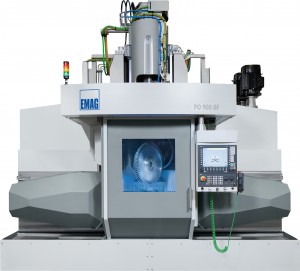 EMAG’s development of the process has been selective
EMAG’s development of the process has been selective
The electro-chemical process ensures a particularly soft removal of the material. The workpiece acts as positive anode and the tool as negative cathode. Between the two flows an electrolyte solution that dissolves metal ions on the workpiece. The contour of the cathode and the workpiece with their active, current-conducting
sectors, are matched, to ensure that the material removal on the workpiece leads to the desired contour of the component. Contours, channels, grooves and cavities are generated without touching the component – and at the highest possible precision. And tool wear is minimal. With PECM, EMAG have developed the ECM technology further. The gap, through which the electrolyte solution flows, is particularly narrow; and the flow is optimised by a mechanical oscillation. This guarantees a particularly effective and precise removal of the material. The possibilities this technology opens up are best shown by the example of blisk productions.
For the machining of turbine blade disks the specialists from EMAG have developed an ECM system equipped with 11 machining stations that carry out drilling, contouring, radius machining and polishing operations in one machine. The high-tensile Inconel material is machined at a feedrate of 5 mm per minute, without burrs or negative thermal effects. The tolerances achieved are between 0.1 and 0.3 mm. The life expectancy of ECM tools is very high, making sure that the tooling costs in production are much lower than those using cutting tools for the process.
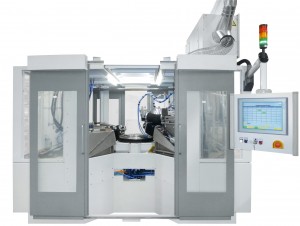 Establishing feasibility in the laboratory
Establishing feasibility in the laboratory
The experts at EMAG ECM, with headquarters in Gaildorf, near Schwäbisch Hall, Germany, offer a complete and comprehensive service in this process. They see themselves as their customers’ partners in development. The centre of activities is an on-site laboratory, which offers the possibility to carry out feasibility studies and preliminary investigatioaHaHns on single- and multi-axes machines. In addition, the laboratory also offers comprehensive measuring systems (roughness, contour, coordinates).
The laboratory not only establishes the feasibility of a project, but also the cost-benefit ratio of the process with a view to the specific component and the material it is made of. This way, the customer will find out what component tolerances and cycle times he can expect to achieve.
The general philosophy of the South German machine builder is another aspect of importance to aero engine manufacture. Right from the outset, the company relies on very close cooperation with its customers. The process is firmly implanted in the company’s strategy. This also means that, where required, customers receive in-depth training, to enable them to design and manufacture their own tools to suit their particular requirements.
In cooperation with RWTH Aachen
That the technological demands of the experts at EMAG ECM are far-reaching is shown by the fact that they work in close cooperation with the machine tool laboratory at the RWTH (Rhenish-Westfalian Technical College) Aachen. It is here that experimental analyses for the electro-chemical machining of materials establish the feasibility of the process and where improved cathode designs are simulated. The comprehensive objective is integrated optimisation. The process is constantly developed further with a view to the incorporation of new materials and changing component geometries.
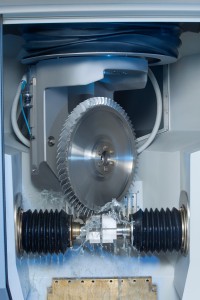 Large batch sizes, hardest possible materials, precision results without negative effect on the material, perfect surfaces – this is the background against which the outstanding market opportunities for the machine builder and their technology in aero engine manufacturing are generated. The company offers a modular machine concept that can be quickly tailored to suit individual component requirements. The customer also benefits from the generally high degree of EMAG expertise in the development and manufacture of machine tools. Pivotal innovations, such as Mineralit machine base, intelligent soft- and hardware interfaces and effective automation solutions are part of the company’s developments. It ensures that EMAG ECM can create tailor-made (P)ECM turnkey solutions. In fact, the machine builders at Gaildorf are convinced that their technology will prove indispensable for many future innovations in aero engine manufacturing. The clamour for the ECM process has begun.
Large batch sizes, hardest possible materials, precision results without negative effect on the material, perfect surfaces – this is the background against which the outstanding market opportunities for the machine builder and their technology in aero engine manufacturing are generated. The company offers a modular machine concept that can be quickly tailored to suit individual component requirements. The customer also benefits from the generally high degree of EMAG expertise in the development and manufacture of machine tools. Pivotal innovations, such as Mineralit machine base, intelligent soft- and hardware interfaces and effective automation solutions are part of the company’s developments. It ensures that EMAG ECM can create tailor-made (P)ECM turnkey solutions. In fact, the machine builders at Gaildorf are convinced that their technology will prove indispensable for many future innovations in aero engine manufacturing. The clamour for the ECM process has begun.
